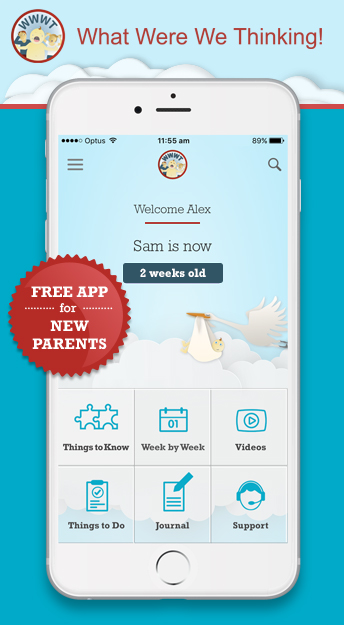New babies, new parents and managing the holiday season
By Jane Fisher

There is generally lots of things to participate in and to do at the end of one year and the beginning of the next one: family gatherings, parties, presents, preparations and late nights. These can be daunting for anyone to face but when you have a new baby, it is more complicated.
Often family and friends want to celebrate the baby’s first Christmas / Hanukah / Diwali / Chinese New Year/ Hogmanay or other special festival and expect the baby and the baby’s parents to participate. It is not always easy to work out how to take care of your baby’s needs or your own needs when you know that family and friends want you and the baby to participate in festive season events.
It is helpful to remember that although your life changes quite dramatically when you have a baby and it is often difficult to do all the things that you used to do, this is not forever. You might not be able to participate as you used to, but there is still a lot that can be enjoyed, keeping in mind your baby’s needs and capacities and the importance of not getting too tired yourself.
There are some important things to remember as you make decisions about what you can participate in and what might need to be avoided:
- Your baby is not an object of entertainment for friends or family members
- Babies have rights to feel safe and to be cared for as infants, not as little adults;
- You know your baby better than anyone else, so what you say goes
- Your needs are important too, so it is good to work out how you can participate, rather than whether or not you can
Of course you want your family to be included, but it can be difficult to stand up for yourself and your baby.
Speaking up in an assertive way is not always easy but it is a great skill to learn, especially as a parent. It is often most difficult to be assertive with the people you are closest to. An assertive person:
- Is clear about how they feel about a situation
- Communicates a clear and simple message
- Is respectful of others
- Speaks in a conversational tone and maintains eye contact
- Values themselves (and their baby) as equal to others
- Often has their own needs met
If you are unsure about being assertive in particular social situations, it is a good idea to practice a couple of responses for a time when you might need them. For example, if it is time for your baby to go to sleep but people are keen to play with them, try saying, “I know that you all want to play with the baby but it is really important that I start settling her for a sleep”. If your baby finds lots of people or noise overstimulating, try explaining it this way “Our baby is getting to know the world slowly and finds too much noise overwhelming, it is easier for her if I feed her in a quiet place away from other people.”
The What Were We Thinking website is full of helpful information about being assertive and putting your baby’s needs first.
Posted in: A new reality Baby 0-4 weeks Baby 13-16 weeks Baby 17-20 weeks Baby 21-26 weeks Baby 5-8 weeks Baby 9-12 weeks Your needs








